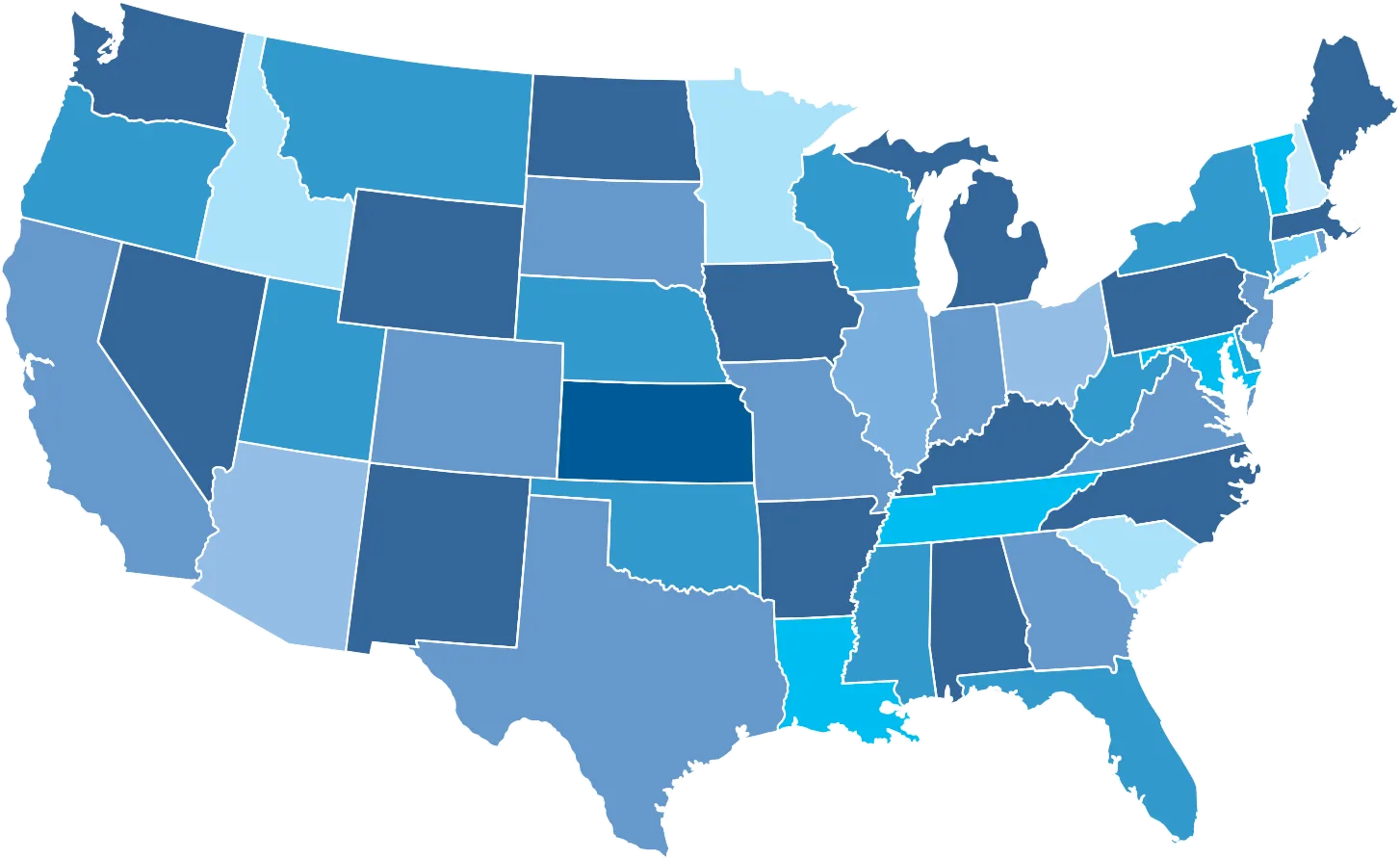Introduction
Failing or refusing to pay overtime to non-exempt employees can result in significant lawsuits and fines for organizations across the United States. In order to avoid overtime penalties, it’s critical that businesses understand overtime laws and make sure that all eligible employees are being paid properly for any overtime hours. Organizations — and even officers, managers, and supervisors — can be held liable for ensuring overtime compliance with their employees.
DOL Overtime Penalties
According the the Department of Labor, willful violators of federal overtime rules may be prosecuted criminally and can be fined up to $10,000. Second-time purposeful offenders can be imprisoned. And employers who repeatedly violate the overtime requirements are subject to civil money penalties of up to $1,100 per violation.
In some drastic cases, employers can face monumental fines and even prison time for their failure to comply with overtime law. Intentionally disobeying and unintentionally disobeying overtime pay are two very different things, but sometimes the law has no patience for stories of “I didn’t know.” The FLSA states that any employer who violates overtime compensation laws may be liable for the shortfall and liquidated damages, which essentially account for double the unpaid wages.

Overtime Penalties Vary by State
Some states have different overtime rules and regulations than the federal government, although the federal rule is always the bare minimum. States may have broadly different overtime rules, such as California’s 8-hour-a-day law, as well as different severity and means of penalizing an employer.
The classification of “an employer” can change from state to state. This determines who can be sued or penalized by the government for violating overtime pay rules. It can also mean payments for different things besides missed overtime hours. For example, in California, an employer who has not correctly paid overtime payment is subject to paying wage statement violations up to $4,000 and missed break and meal penalties. These costs can add up quickly and are much more expensive than simply paying overtime wages.
In addition to federal penalties, employees who are not compensated for their work completely may be likely to sue. Lawsuits pose a significant cost to organizations of all sizes, and legal fees can add up quickly.

Avoiding Overtime Penalties
The best way to deal with overtime penalties is to not incur them in the first place. This easiest way to do this is to track employee hours. By tracking time, you can ensure that all team member are working the appropriate number of hours, and that payroll is accurate and in compliance with the law.
The time that an employee actually starts working is a common error that employers make when calculating overtime pay for employees. Activities like booting up a computer or putting on safety gear are things that are commonly overlooked — or skirted — to avoid paying employees the appropriate amount. Call center employees, for example, have very specific guidelines, set by the Department of Labor, that specify what duties they need to be paid for.
In addition to keeping a close eye on hours worked and duties performed, concerned employers should also consult with a legal expert who can help ensure all overtime policies are in compliance with local, state, and federal laws.
*This site provides practical information regarding the content covered. This website does not provide legal, business or tax advice.




